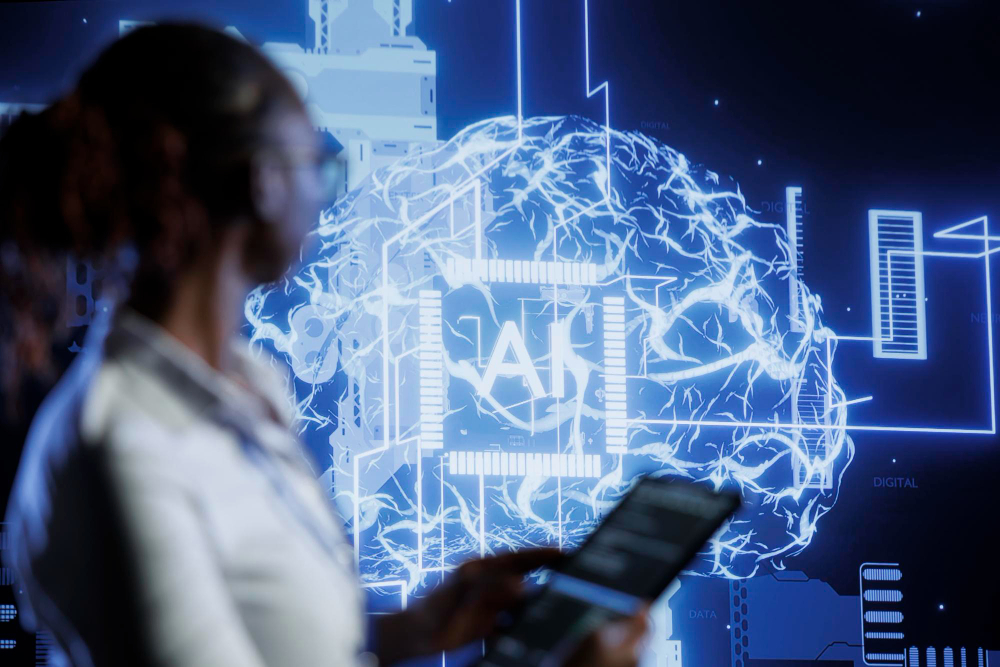The Artificial Intelligence summit in Paris is merely a façade for the covert battle over domination of the technology of the future.
The artificial intelligence summit in Paris (France) theoretically had a noble purpose: to establish an ethical, inclusive, and safe regulatory framework for AI to “reinforce international cooperation and promote coordination in global governance.”
However, it was a clear representation of a hidden war among global powers for control over the technology that will define the future.
Statements from U.S. Vice President JD Vance, who skipped the group photo and did not sign the letter, confirmed this. He warned that Trump wants the United States to continue dominating the artificial intelligence revolution and urged allies to join his lax approach to tech regulation or risk being excluded.
“The Trump administration will ensure that the most powerful AI systems are built in the United States, with chips designed and manufactured in the United States. The United States wants to partner with all of you… but to build that kind of trust, we need international regulatory regimes that foster the creation of AI technology rather than stifle it.”
Even Europe expressed its interest in AI while calling for sustainable development and assurance that it benefits everyone. President Emmanuel Macron stated that Europe cannot afford to rely on foreign technologies. In response, Von der Leyen announced €200 billion in investment to boost AI in the region.
An amount that, as Macron emphasized, is equivalent in scale to the $500 billion of the ‘Stargate’ program that Donald Trump unveiled last month to ensure the United States stays ahead in the race.
European countries fear being left out of the race dominated by the U.S. and China in chip manufacturing, foundational models and AI chatbots, and the energy needed to power supercomputers.
According to the WSJ, France is leaning on nuclear energy to launch new AI computing facilities, which it claims could put the country on par with the United States’ Stargate plans to build massive AI data centers.
China: The Enemy of the U.S.
The recent launch of a new low-cost artificial intelligence model by DeepSeek, a little-known Chinese research lab, surprised Silicon Valley groups like OpenAI, which believed they held a dominant advantage.
In this context, Vance argued that he rejected the Paris summit’s joint declaration because the U.S. will never make deals with authoritarian governments (China signed the declaration).
“Partnering with them means chaining your nation to an authoritarian master who seeks to infiltrate, entrench, and seize your information infrastructure,” said Vance, referring to CCTV and 5G as prior examples where “cheap technology… [was] heavily subsidized and exported by authoritarian regimes.”
“We have also seen how hostile foreign adversaries have weaponized AI software to rewrite history, surveil users, and censor speech… Let me be clear: this administration will block such efforts. Period.”
His remarks were a barely veiled attack on Beijing’s technological influence, which has already been accused of using its industry to gain control over other countries’ digital infrastructure—such as with Huawei’s global expansion.
During Joseph Biden’s presidency, the United States has restricted exports to China of the best chips used to train artificial intelligence and has cut off China’s access to many of the machines required to manufacture alternatives.
The U.S. clings to its dominance, Europe fights to stay in the game, and China keeps defying the rules in the shadows. AI is the new battlefield.






0 Comments